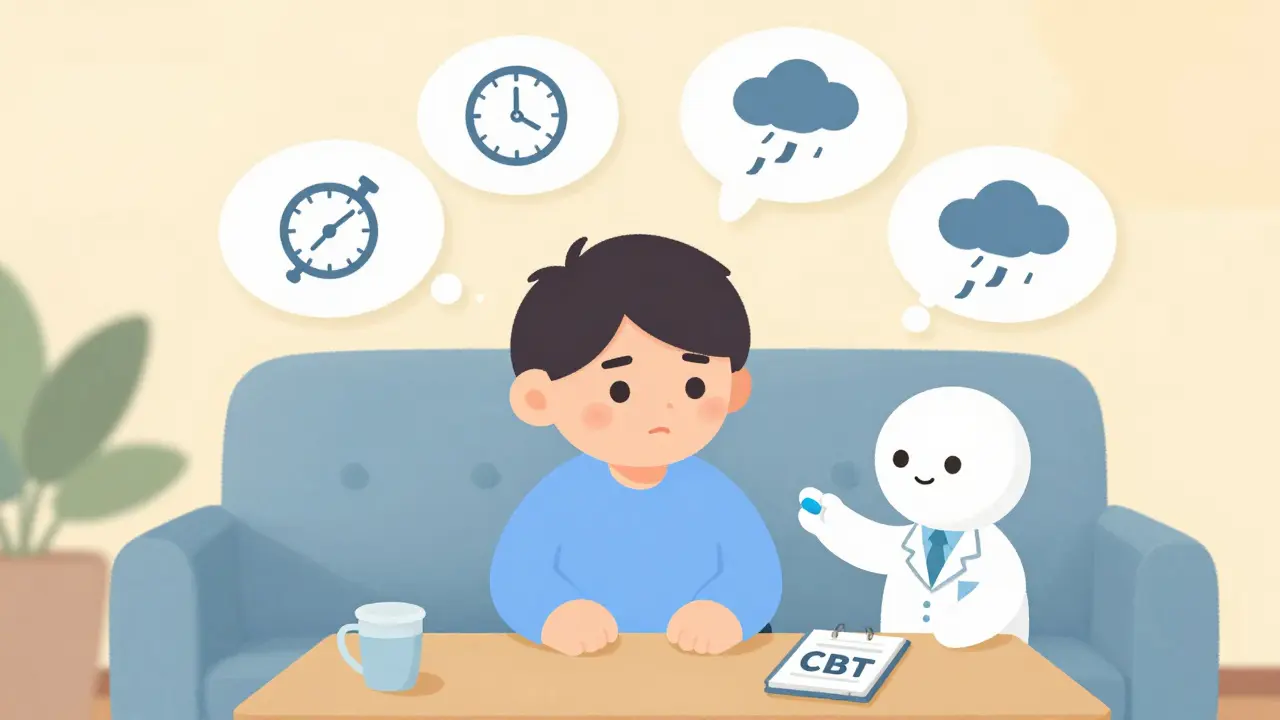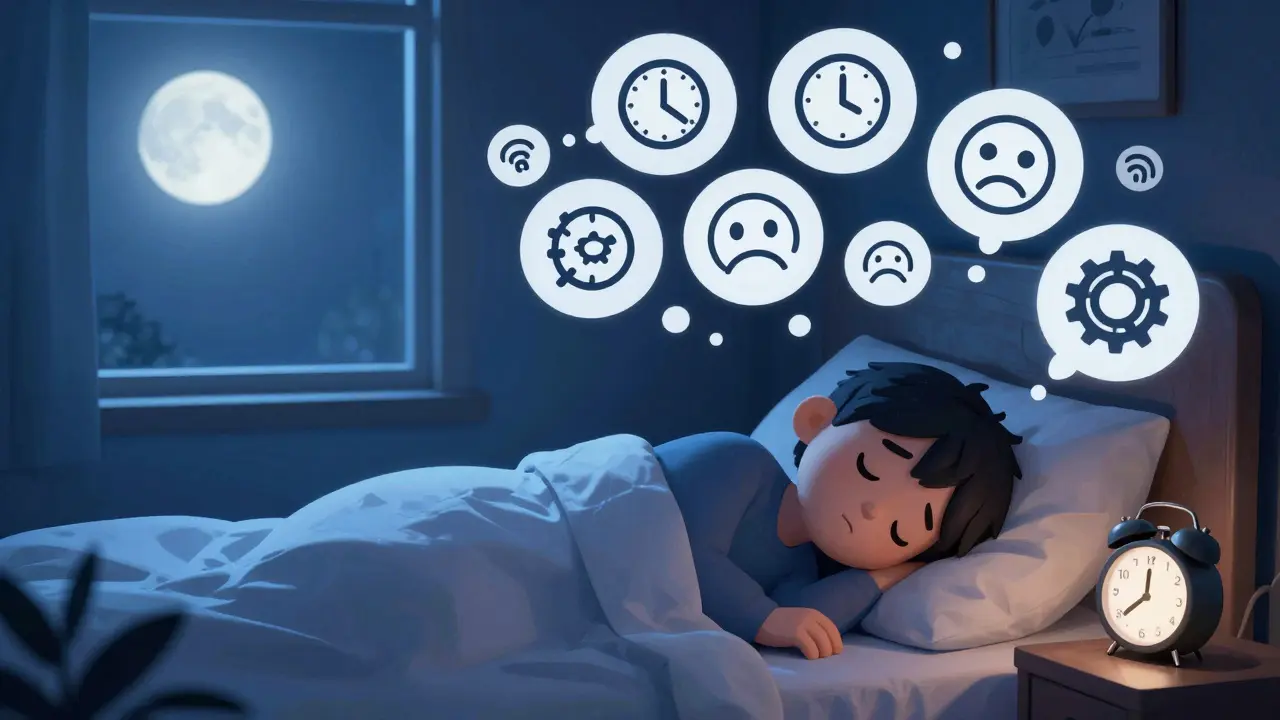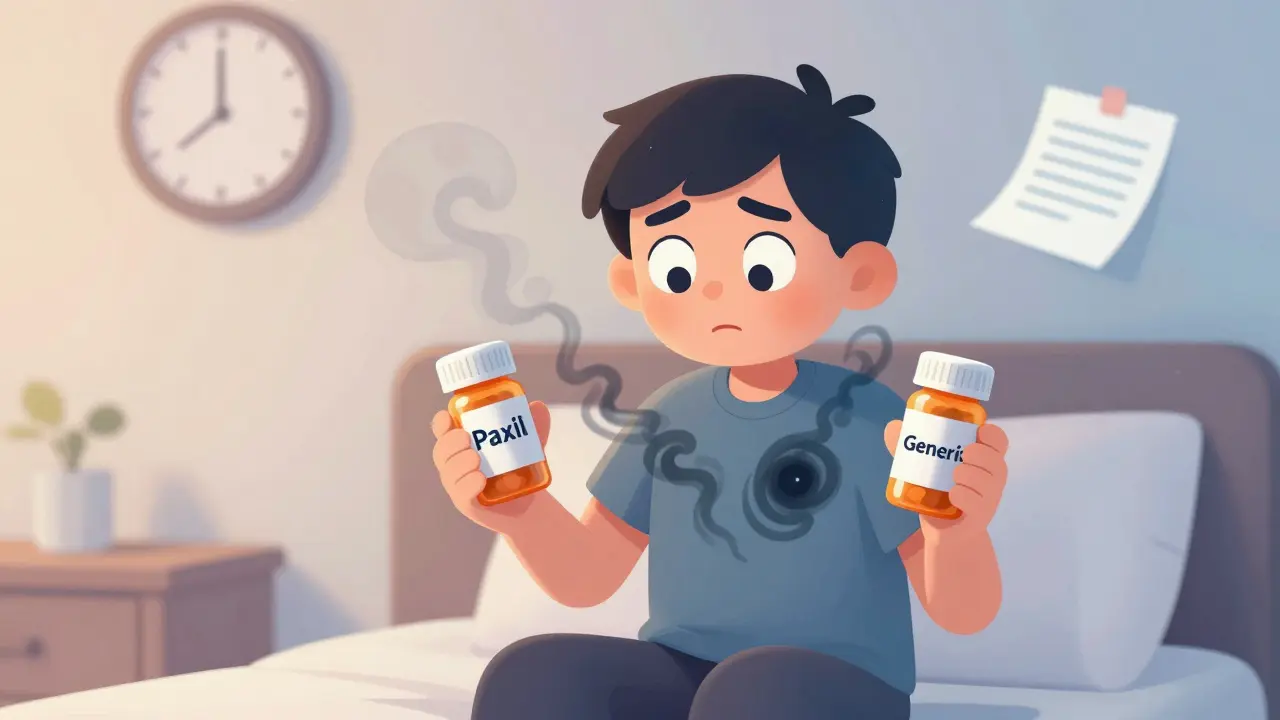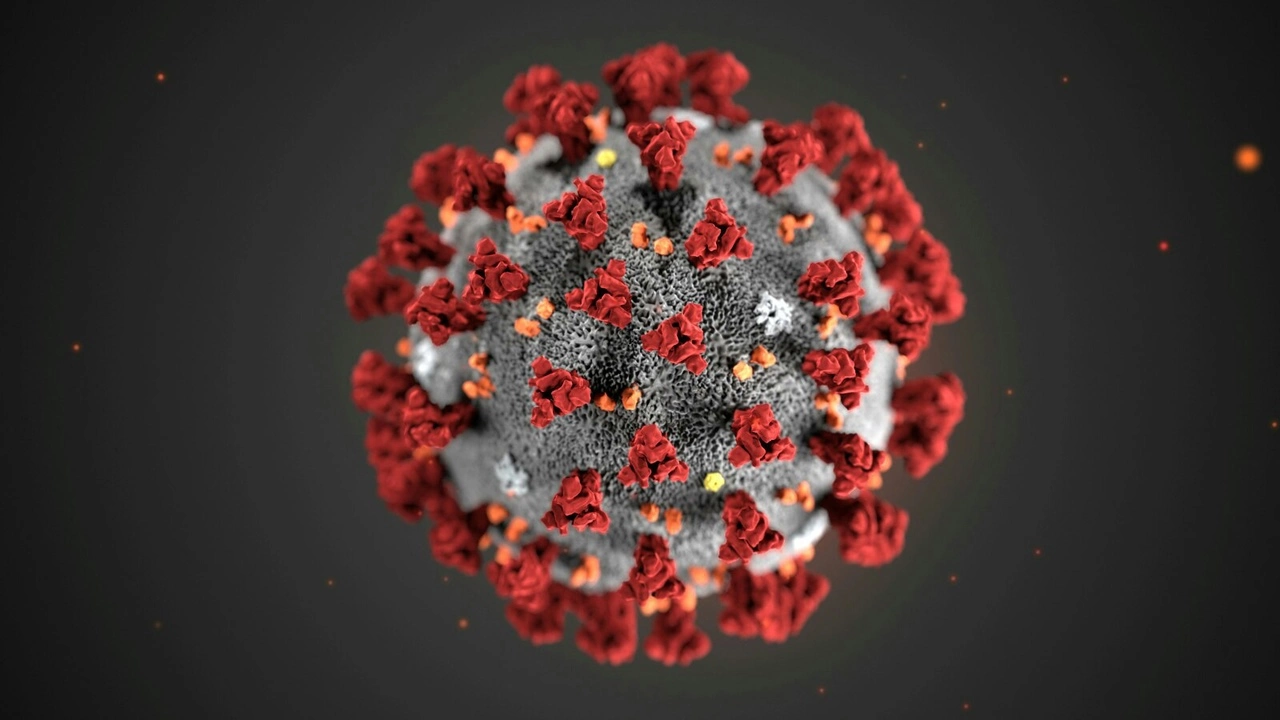Mental Health: Practical Guides, Tests, and Treatments
Feeling worried about a test, a new prescription, or a child’s mood? You’re not alone. This category brings clear, no-nonsense guides on common mental health concerns—what to expect, how to talk to professionals, and simple steps you can take right now.
Quick reads worth your time
Start with two posts that many readers find useful. First, a plain explanation of aripiprazole use in children and adolescents. It covers when doctors might choose this antipsychotic, typical age approvals, and what signs to watch for while a child is on the medicine. The second post looks at the emotional impact of HIV-1-2 testing—why tests trigger fear, practical coping techniques, and how to get support before and after results.
Both pieces aim to give you clear next steps, not just medical jargon. If you’re a parent, the aripiprazole article helps you prepare questions for the prescriber, like dosing plans, expected benefits, and side-effect checklists. If you’re facing an HIV test, the testing article offers concrete ways to reduce panic—breathing techniques, who to call for emotional support, and how to get factual info so uncertainty drops.
Practical tips you can use today
If anxiety spikes, try a simple grounding routine: name five things you see, four things you can touch, three sounds you hear, two things you smell, and one thing you taste or a positive word. It sounds small, but it brings attention back to the present and calms the nervous system.
When a medication for a child is suggested, write down what you want to learn before the appointment: expected benefits, common side effects, how long until it’s reviewed, and signs that mean stop and call the doctor. Ask about non-drug options too—therapy, school supports, or behavior plans that can work alongside medication.
Facing a health test? Bring a friend, schedule a follow-up appointment when you get results, and use reliable sources to understand outcomes. Avoid scrolling through random forums right after testing—unverified stories can spike fear. If anxiety is severe, contact a local mental health professional or a crisis line immediately.
If you’re unsure where to start, treat this page as a map. Read the short posts listed here, bookmark the ones that match your situation, and list two clear next steps you can take this week—call your clinician, set an appointment, or practice one grounding exercise daily.
Mental health doesn’t have to be mysterious. Use these practical guides to ask better questions, find trusted help, and take small actions that make a real difference.
Generalized Anxiety Disorder: SSRIs, Benzodiazepines, and CBT Explained
Learn how SSRIs, benzodiazepines, and CBT treat generalized anxiety disorder - their benefits, risks, and which option works best for long-term relief. Evidence-based, no fluff.
Sleep and Mental Health: How Treating Insomnia Helps Depression and Anxiety
Insomnia isn't just a symptom of depression and anxiety-it fuels them. Learn how CBT-I, the gold standard treatment, breaks the cycle and improves mental health long-term.
Medication Switching: How Changing Psychiatric Drugs Affects Your Mind
Changing psychiatric medications can trigger psychological distress, loss of identity, and erosion of trust-even when the new drug is scientifically equivalent. Understanding the real human impact is crucial.
Aripiprazole for Children and Adolescents: Is It Safe?
As a concerned parent, I recently came across discussions about Aripiprazole, an antipsychotic medication, being prescribed for children and adolescents. Naturally, I wanted to know whether it's safe for our young ones. From my research, I found out that Aripiprazole has been approved for treating certain psychiatric conditions in children aged 10 and above. However, it's essential for doctors to closely monitor the child's progress and any potential side effects. While it may be beneficial for some, it's crucial to remember that each child is unique, and the decision to use this medication should be made carefully in consultation with a healthcare professional.
The Emotional Impact of an HIV-1-2 Test: Managing Anxiety and Fear
As a blogger, I recently explored the emotional impact of an HIV-1-2 test, particularly focusing on managing anxiety and fear. I learned that the fear of getting tested stems from various factors, such as stigma, discrimination, and uncertainty about the future. I discovered some helpful coping strategies, like seeking support from friends, family, or professionals, practicing relaxation techniques, and educating oneself about HIV. It's essential to remember that early detection and treatment can lead to a healthier, longer life. Most importantly, we need to break the stigma surrounding HIV and encourage open conversations about it.





